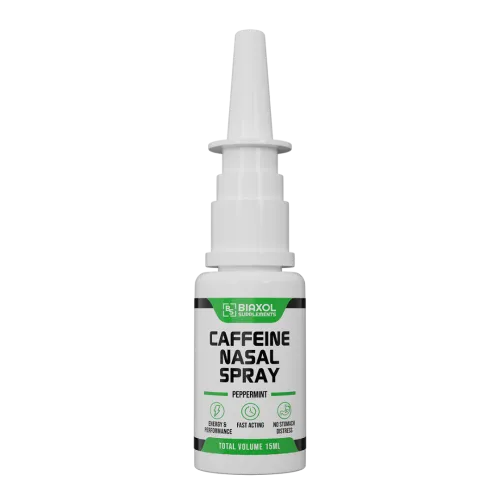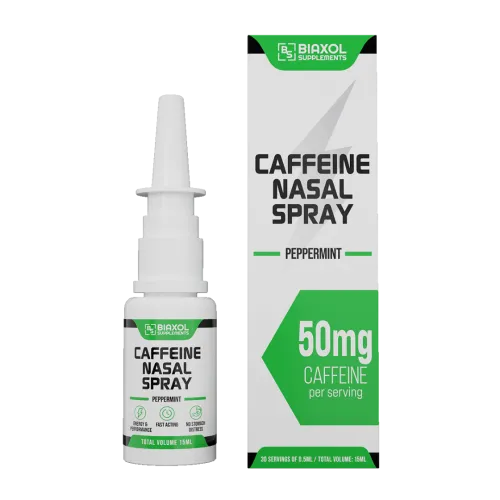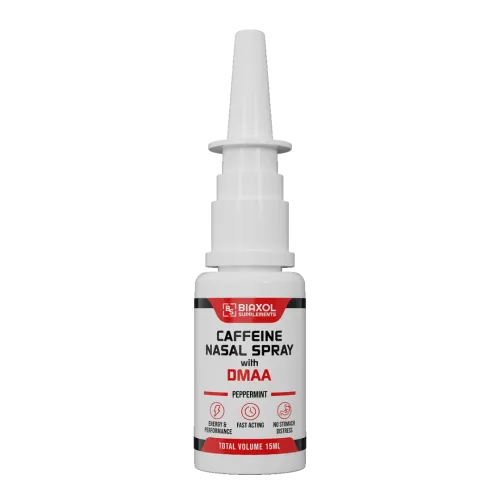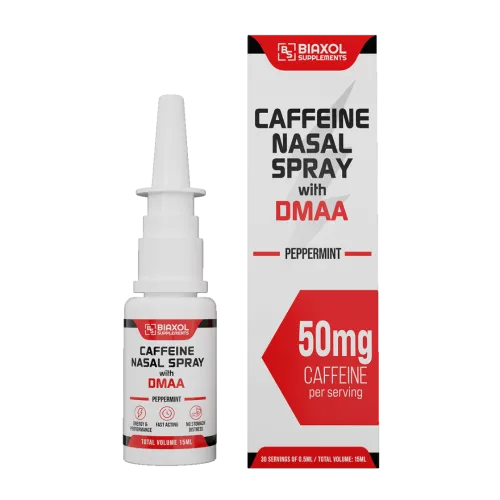
Recommended Amount And Timing Of Caffeine Usage For Athletic Performance
Caffeine has been identified as an energy-boosting supplement to improve athletic performance. It boosts strength, reduces fatigue, and improves focus, as it's crucial for athletes to work out. However, the right quantity and timing of caffeine are vital to maximizing its benefits without experiencing harmful results. In this guide, we will discover the exact dosages, timing, and innovative caffeine intake strategies.
How Does Caffeine Improve Athletic Performance?
Caffeine works by blocking adenosine receptors in the mind. Due to this blockage, the sense of fatigue is reduced. In this way, it pushes the athletes to work for longer periods under diverse conditions, like running or cycling. Research indicates that caffeine does fat oxidation; this helps athletes store glycogen, an important energy source. For example, to stay active during a sport like a marathon, by taking caffeine, the performance of athletes is increased by 3-7%. This is a vast boost, especially for elite competitors.
But how does caffeine improve athletic performance precisely? Besides reducing fatigue, caffeine also has other functions in the body. It stimulates the release of adrenaline, which improves muscle contraction. This prepares the body to perform well for an extensive workout. This is why athletes like to take caffeine for various reasons.
Recommended Dosage for Athletic Performance
The preferred amount of caffeine intake for athletic performance is 3-6 milligrams (mg) per body weight in kg. For a 70 kg athlete, this dosage could be 210–420 mg of caffeine, which may be taken through various resources like coffee, caffeine gels, or drugs.
However, the amount varies depending on the person's tolerance and the nature of the activity. It is recommended that you experiment with taking its dose to find the superior dose quantity that gives you benefits.
Timing of Caffeine Intake: The timing of caffeine intake is just as crucial as the dosage. The ergogenic effects of caffeine commonly peak after 45–60 minutes of intake. Therefore, athletes should take 30-60 minutes before the start of a workout or game. This ensures that caffeine reaches its exact place in the blood and has started its work.
For longer workouts or sports that could last more than three hours, it’s advised to take caffeine with a dose of 3-6 mg/kg. Then, get a small dose of it at regular intervals to hold the stamina throughout the whole performance.
Innovative Caffeine Delivery Systems
Traditionally, athletes take caffeine in the form of coffee, tea, or energy liquids. However, it is now on the market as an energy supplement. One modern method of intake is the caffeine nasal spray; its action is faster as an alternative to oral caffeine ingestion. Caffeine nose spray delivers caffeine immediately into the blood through the nasal mucosa and shows results.
When an athlete takes its dosage through nasal or oral, what do caffeine supplements do in their body? Caffeine supplements offer athletes many benefits in addition to boosting energy. It enhances their focus and improves mood by reducing stress and fatigue. These come in various forms, like capsules or gels. These are frequently used by athletes who want sustained energy over lengthy periods of performance.
Conclusion
To get caffeine benefits, athletes should understand the recommended dosage and timing of these supplements. A dose of 3-6 mg per kg of body weight, taken 30-60 minutes earlier than exercise, is normally encouraged. For longer events, taking small doses regularly during the performance can help keep the energy level up and reduce fatigue. Additionally, to get quicker absorption, new techniques like caffeine nasal spray could be adopted.




